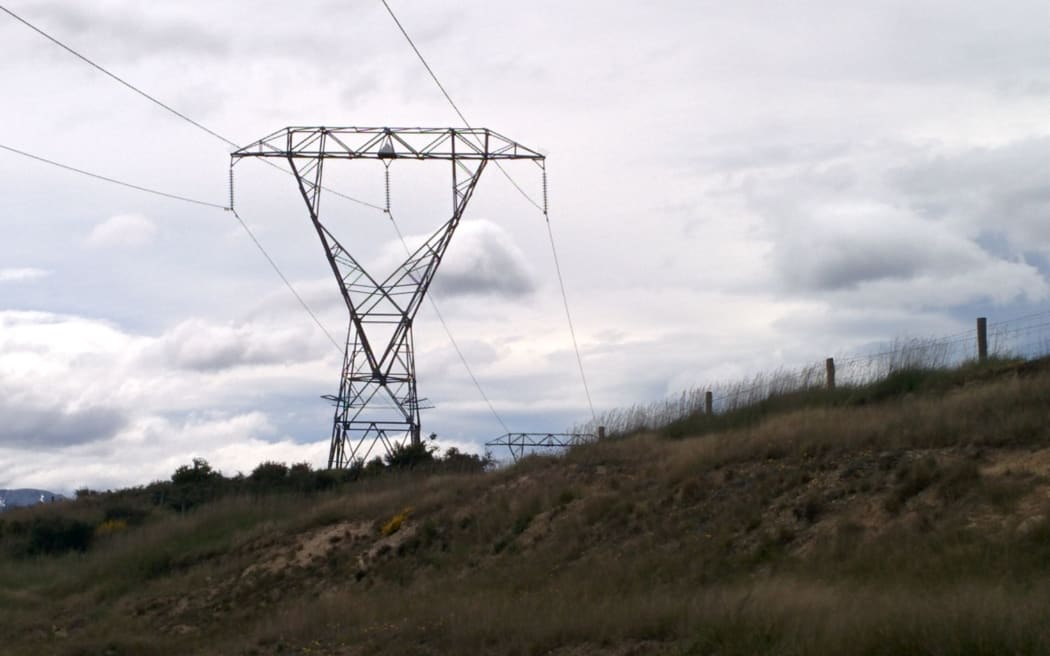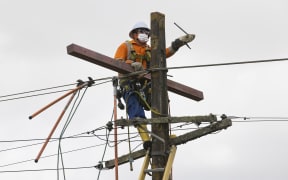
Photo: RNZ / Russell Palmer
The Auckland energy lines company's net profit fell 13 percent on the year earlier, reflecting inflation as well as higher depreciation, interest costs and downward movement in the value of financial instruments.
Auckland energy lines company Vector's net profit fell 13 percent on the year earlier, reflecting inflation as well as higher depreciation, interest costs and downward movement in the value of financial instruments.
Key numbers for the six months ended December compared with a year ago:
- Net profit $100.3m vs $115.5m
- Revenue $616.0 m vs $684.6m
- Underlying profit $274m vs $263.6m
- Interim dividend unchanged at 8.25 cents a share
"We continue to see impacts flowing through from high inflation, which impacts our costs," chair Jonathan Mason said.
"In our nonregulated businesses we can pass on some of these higher costs to customers. Within our regulated businesses, regulatory mechanisms enable higher than expected inflation to be recovered via higher prices, although this is deferred by two years under the current regulatory model."
The result was also affected by gains in the year earlier period.
"This was largely due to the prior period's $7.1m gain on sale of the 50 percent share of Treescape, higher depreciation, and interest costs and a $14m negative fair value non cash movement on financial instruments. This was partially offset by higher earnings and capital contributions," he said.
The metering operations were accounted for as discontinued operations following the conditional sale of 50 percent of Vector's metering business to Queensland Investment Corporation (QIC).
Group chief executive Simon Mackenzie said QIC was a strong long-term partner for Vector Metering, given its scale, experience and breadth of relationships in the New Zealand and Australian energy markets, as well as its access to capital.
Mackenzie said the recent weather events had been challenging for the company, which was working around the clock and sparing no expense to reinstate power to still affected areas.
"The extreme weather we've seen already this year with the latest devastating Cyclone Gabrielle, makes it clear that funding for climate resilience needs urgent attention in the upcoming resetting of regulatory expenditures," he said, adding there needed to be a review of how regulatory assets are tied to inflation.
Current regulation did not facilitate the type of innovation or level of investment required to boost resilience and achieve an affordable decarbonisation, he said.
"It's been estimated that New Zealand will need to spend $22 billion in distribution infrastructure alone to manage both the impacts of climate change and the growth in demand for electricity, including the rapid electrification of transport and industry."
Growth in new electricity connections and infrastructure activity remained elevated in line with growth in the Auckland region.
It expected to deliver a full year underlying profit of between $515m and $525m, excluding the finalisation of the metering deal, but including an estimate of the costs for the recent flooding and cyclone activity.


